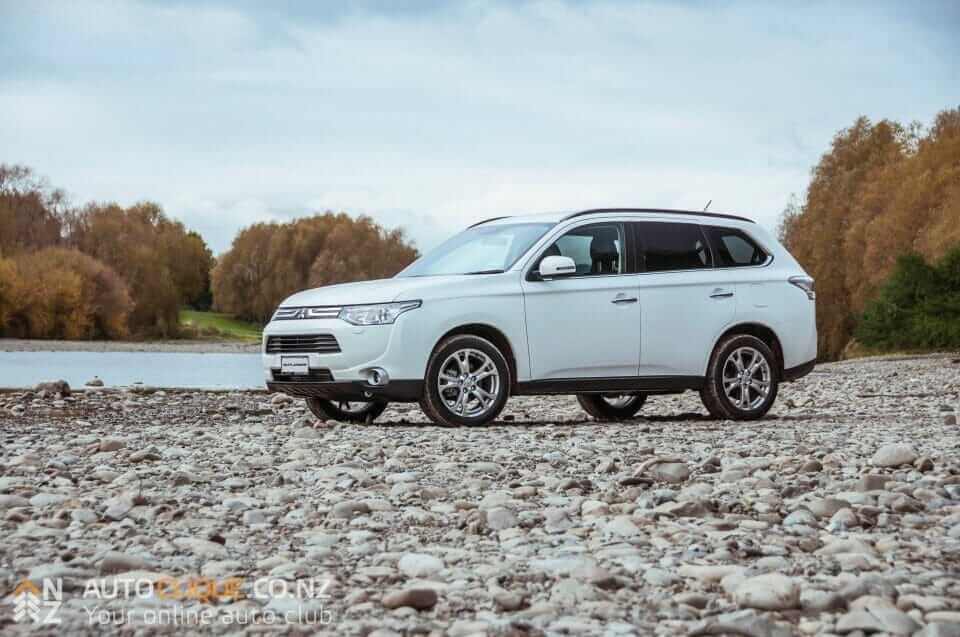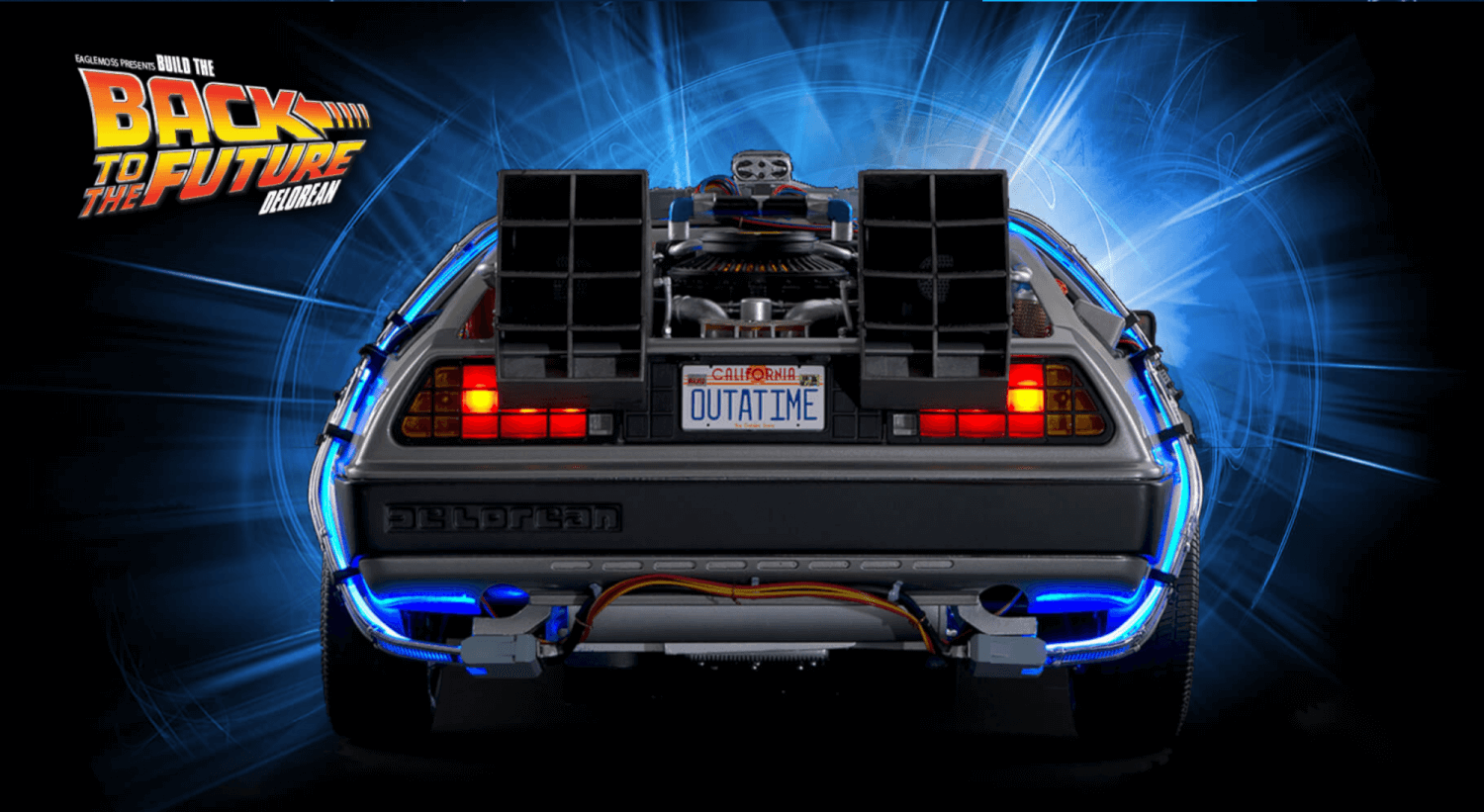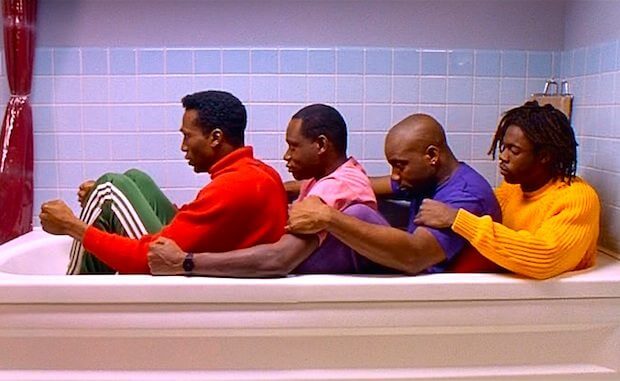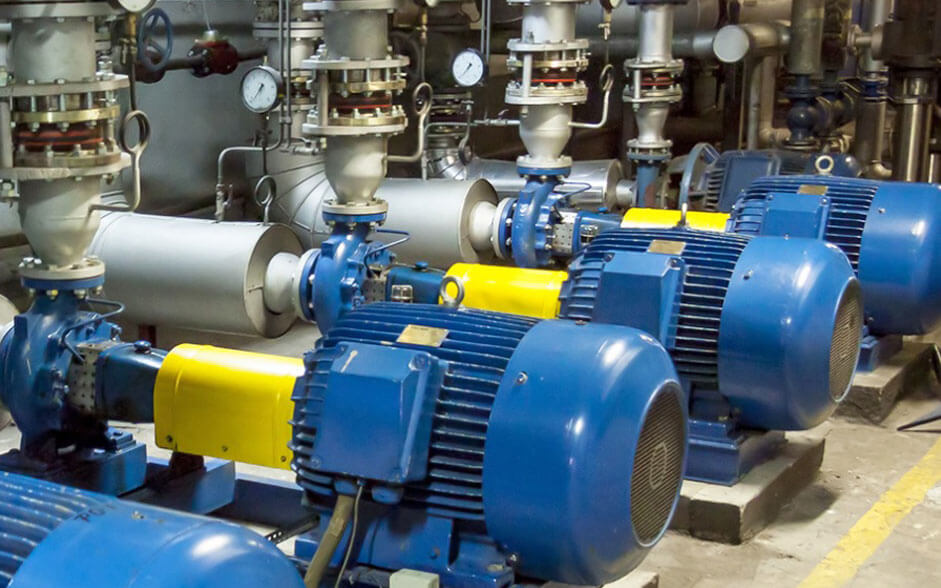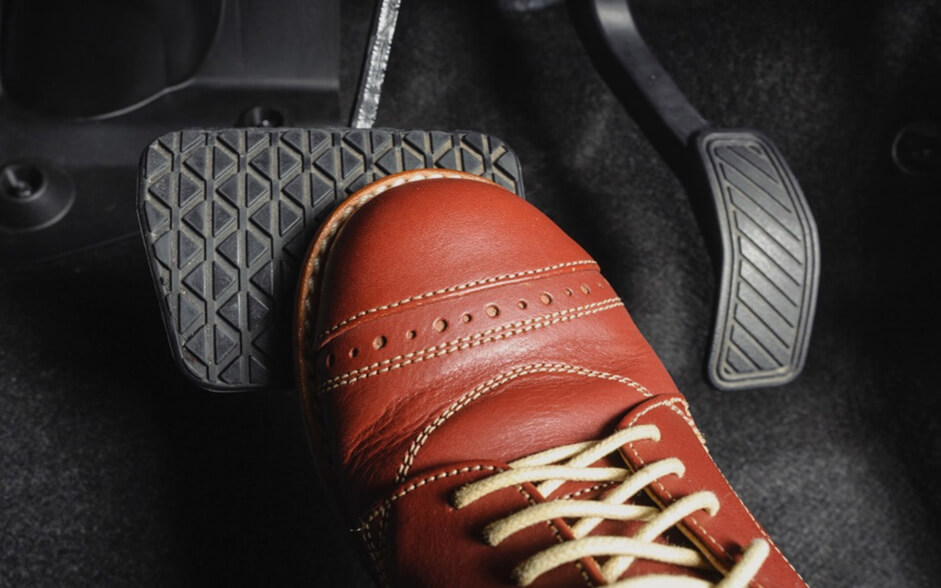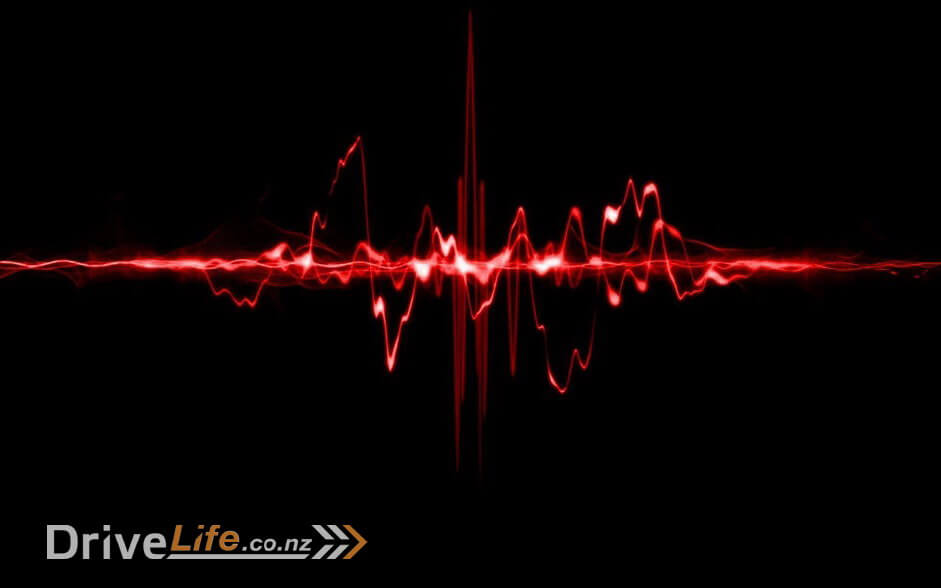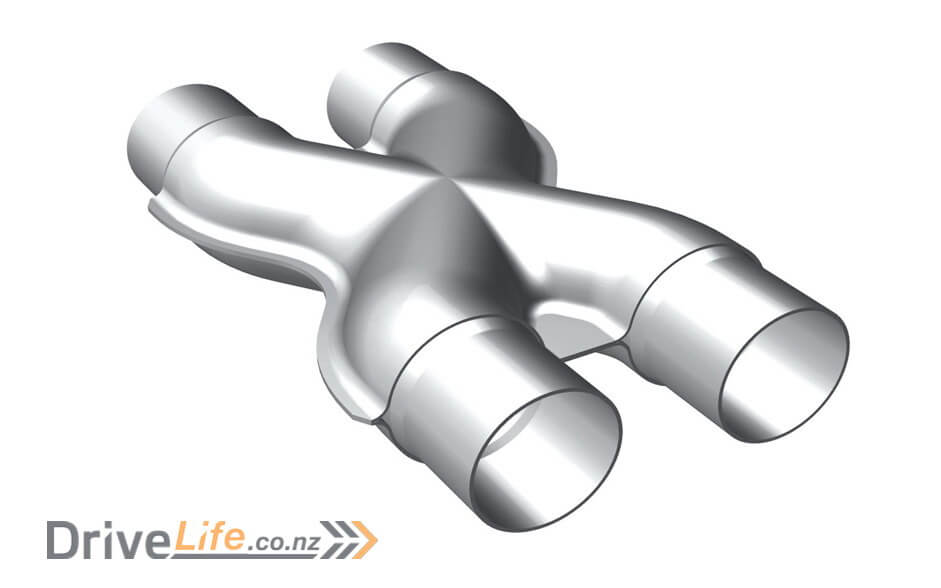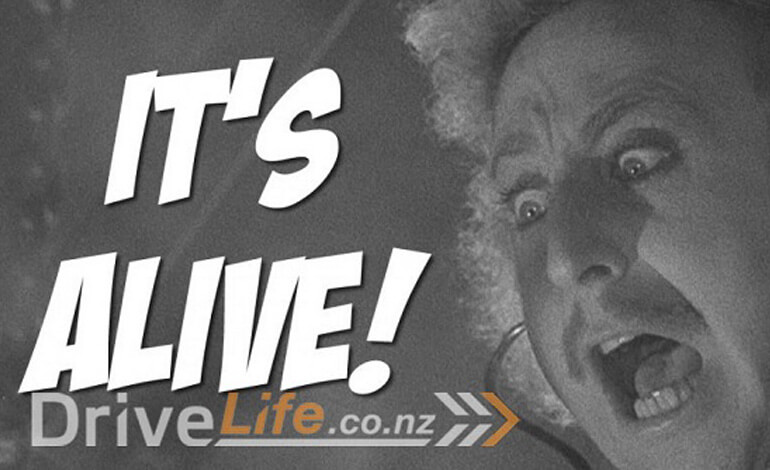
A big thank you to all the team at Wellington Mitsubishi located at 75/78 Cambridge Terrace for allowing us the use of a brand new Mitsubishi Outlander for this review. Drop in anytime to check out their complete range of new and used Mitsubishi’s.

INTRO.
Smooth on the road and through the corners, new and fresh interior. Low drivers position behind the engine, easy to start and good pull with the turbo. Nice neat features with the center instrument cluster. These are some of the thoughts that ran through my mind as I pulled out of the dealership and drove through the city. The new Mitsubishi Outlander is a small SUV crossover which covers the best of handling and performance of a car, combined with the versatility and function of a larger SUV. And I believe Mitsubishi has done well in incorporating all of these into its latest release for the 2013 Outlander.
First released in 2001 as the Airtrek, and re-branded Outlander in 2006 the modern version has gone through three generations to get where it is now. After having a few iterations under their belt, with more safety, space, engine efficiency with lower emissions, has Mitsubishi found the right balance in this highly competitive market? Yes, we think they have.

DRIVING.
Starting at $39,990 +ORC for the base model 2WD LS, or $56,990 +ORC for the top of the line 4WD VRX.
I was lucky enough to get the VRX for the weekend to take it around to do the errands and to give me a good chance to sink into it. Mitsubishi has gone away from the angular aggressive stance of the previous Outlander and more for the softer features, while leaning heavily towards European design. The VRX model has the 2.2L turbo diesel pushing out 112kW and 366Nm of torque at 1500 ~ 2750rpm, enough low end power for towing the trailer. Though I found the engine a little lack luster from stand still, when it got to 2000rpm and the turbo kicked in things started to move along nicely. Being a diesel it did come with the deep idle rumble. At average cruising speeds around town it did rev quite low to the point where the rumble was noticeable in the cab. When putting the Outlander into eco mode you can notice a difference in gear changes that help to save on fuel consumption but at the same time it becomes slightly less responsive with the throttle. Sports mode paddle shifters are available on all except the 2WD LS, and I found it to be there just because they can and not because it was at all useful or necessary. The stand out for the motor was definitely the economy, the brochure says it averages at 5.8L/100km but I found it to be closer to 7L in typical Wellington traffic and driving to and fro from Lower Hutt. Still, I’m very impressed with the way the engine monitors conditions to maximize fuel. The graphical display presenting the different figures was also a nice touch and informative.

The ride quality was pleasant and expected. Consisting of independent suspension all round with Macpherson Struts up front and multilinks in the rear, the Outlander felt very smooth and almost glided through corners especially for its long body. Parking was a cinch. Although the turning circle was wide, the reverse warning sensors, generous side mirrors and rear camera setup made it easy.
The Outlanders build quality exceeds the 5 star ANCAP requirements. Safety features that come standard on all models such as seven airbags, brake assist technology, stability and traction control, hill start assist and reverse warning sensors with cameras. An additional feature available only in the VRX model is the adaptive cruise control and forward collision mitigation systems. Driving on the motorway, I had an opportunity to use the adaptive cruise control. Having not used one that utilises radar to monitor cars in front, getting used to it took some time. Set your cruising speed and you’re away. Only having to worry about steering, the Outlander will slow or speed up depending on what is in front of you and adjust accordingly. The foot was definitely hovering over the brake for a while there until I got used to it.

Now one major factor that people would most likely want to buy a vehicle like the Outlander is the ability to cram a bunch of stuff in, chuck the kids and wife in and go away for the weekend. Mitsubishi have achieved a vehicle with good useable seating, with extra fold up kiddy type seats in the rear. Practical large spaces for all the gear to be stored while out on a long journey is standard.
As with all adventures there are occassions when you need to go through terrain that a normal car just won’t cut it. Whether you are navigating gnarly back roads, driving the beach or traversing the grassy campsite, the Outlanders electronic control four wheel drive system will get you through it. Select from the three different modes, 4WD ECO, Auto or 4WD Lock. I took ours down to the river and tested it out, selecting 4WD Lock the Outlander made its way over the rocks without any hesitation.
INTERIOR.
Off the bat, the Outlander is an extremely comfortable and cozy car to drive in. The dual zone air conditioning was pleasant and easy to operate, coupled with the individual seat warmers it sometimes became difficult to get out on those cold nights. Leather stitch seats are accompanied by an abundance of electronic side controls to create a personal driving position, with the exception of lumbar adjustment which was lacking. Soft touch plastics with a mix of hi-gloss instrument panels and a chrome trim with wood grain effects flow along the sides in towards the center control cluster. The Large 7″ touch screen in the VRX comes with an easy to use navigation system, bluetooth, MP3, USB, radio and a host of other options that are becoming standard. The design of the different components work well together, easily distinguishing between the individual functions and clearly laid out in a sensible manner. Only the one touch start button, located on the left behind the steering wheel was a nuisance to get to, requiring a bit of effort to reach. The drivers instrument panel was exact and showed everything I needed, though the odd brake warning signs accompanied with a beeping sound did become a distraction from the actual braking at times. Watching the engines eco mode graphics was entertaining as well, the update time on it was fast and it was constantly providing me with information on how much fuel was being used/ saved.
The sound system offered a range of options for the keen audiophile, but the speakers felt inadequate and didn’t provide the submergence in sound that I was expecting from a top of the line model.

With the abundant space available that one can work with on the inside, it really is a versatile utility. The rear felt like it was heavy with large D pillars and a small rear window, but when driving there was no lack of vision at all. The front windscreen swept out and right around the front occupants providing clear views. The large wing mirrors provided more than adequate vision for the rear and blind spots.
What its up against.
| Brand / Model | Engine | Power | Price |
| Toyota Rav4 Limited | 2.2L Turbo Diesel | 110kW / 340Nm | $62,790 |
| Mitsubishi Outlander VRX | 2.2L Turbo Diesel | 112kW / 366Nm | $56,990 |
| Hyundai ix35 | 2.0L E-VGT Diesel | 135kW / 392Nm | $54,990 |
| Honda CRV Sport Auto | 2.4L i-VTEC | 140kW / 222Nm | $51,700 |
The small sized, high end SUV crossover market from Japan and Korea is pretty close. They all boast exceptional fuel economy, interior space and style, and the best in exterior design. The Outlander definitely is up there with the best, if not beating out the others in terms of cargo space and styling.

| PROS. | CONS. |
|
|

What we think.
Great space and room to play, the new Outlander from Mitsubishi is the family friendly car that allows the journeyman to explore his or her world. Banging heads with the other top competitors in its class, the Outlander should definitely be on the top of your list.
RATING – AutoClique Chevron rating 4 out of 5

SPECS.
| Vehicle Type: | 4WD diesel 5 Door Wagon |
| Starting Price: | $56,990 NZD + ORC |
| Engine: | Turbo Diesel 4N14 2.2 D4 T/C, 112kW / 366Nm |
| Transmission: | 6 Speed automatic with sports mode |
| Curb Weight: | 1650 kg |
| Length x Width x Height: | 4655 x 1800 x 1680 mm |
| Cargo Capacity: | 1608 Litres |
| Fuel Tank: | 60 litres |
| Fuel: | 5.8 L/100km, 151 g/km CO2 |


